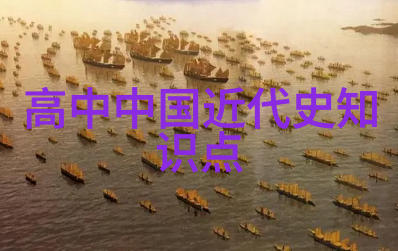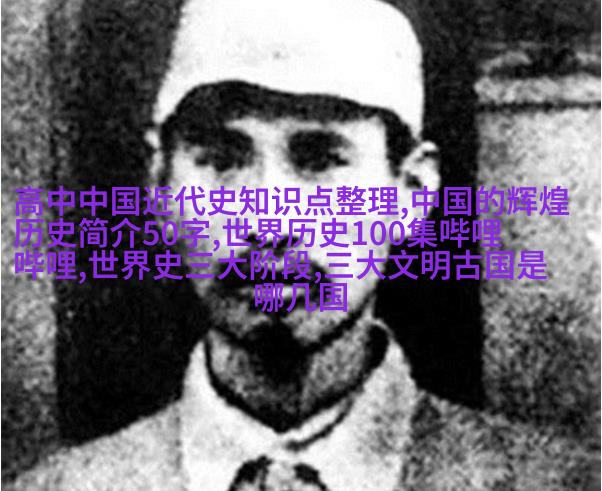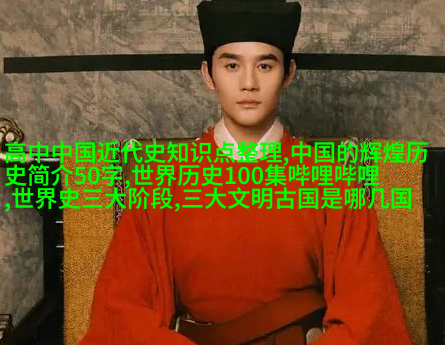在中国历史的长河中,“北方游历”这一词汇不仅仅是一个地理概念,它更是一种文化交融的见证,更是一段复杂而深远的民族关系发展史。从唐代到宋代,再到元朝,这一时期的“北方游历”记录了多少名将征战、学者探索的大好河山,也见证了无数文人墨客的心灵碰撞。

唐朝:边陲之旅与文化传播
唐朝是中国历史上的一座高峰,它不仅在政治、经济方面取得了辉煌成就,在文化艺术方面也达到了顶峰。对于那些想要探索边疆世界的人来说,“北方游历”成为了一种旅行方式,同时也是学习和了解其他民族文化的途径。在这期间,许多中国历史学家以其对外开放的态度,不断地去接触和学习周围各个民族的情感生活、社会制度以及他们独有的智慧。

宋朝:南渡与新篇章
然而,当宋朝发生内忧外患,国力衰弱之后,对“北方游历”的态度有所转变。由于当时的情况迫使很多文人墨客南迁至江南,而这些人的心思并不再局限于往昔那种向往异域的情怀,而更多的是一种逃离现实、寻求新的精神寄托的心情。在这种背景下,“北方游历”这个词汇变得更加含糊且多义化,但它仍然反映出人们对于未知世界的一种渴望,以及对于自我认同的一种追求。

元朝:蒙古统治下的民族融合
元朝则是由蒙古族建立的一个汗国,这个时期标志着汉族与蒙古族之间开始真正意义上的融合。在这样的背景下,“北方游历”的意义发生了重大变化,从单纯的地理活动转变为一个更广泛意义上的文化交流。而作为这一过程中的重要推动者,有许多中国历史学家通过深入研究各种不同地区和民族,用他们的话语来记录并解释这些变化,并对后世产生了深远影响。

总结:
"Northward Journey" in Medieval China: A Story of Ethnic Exchange and Cultural Transmission

In the vast expanse of Chinese history, "northward journey" is more than just a geographical concept; it is a testament to cultural fusion and a chronicle of the complex and profound development of ethnic relations. From the Tang Dynasty to the Song Dynasty, and then to the Yuan Dynasty, this period's "northward journey" has recorded countless military campaigns by brave generals, explorations by scholars, as well as heart-to-heart encounters between poets and thinkers.
The Tang Dynasty was a pinnacle of Chinese history not only in politics and economy but also in culture. For those who wanted to explore frontier worlds, "northward journey" became both a travel path and an opportunity for learning about other ethnic groups' emotions, social systems, and unique wisdoms.
However when facing internal turmoil coupled with external challenges during the Song Dynasty after its capital moved south due to wars against northern invaders. The attitude towards "northward journey changed." Instead of yearning for distant lands as before many scholars sought spiritual solace while escaping reality in southern regions such as Hangzhou or Suzhou.
Lastly under Mongol rule during the Yuan dynasty marked significant changes in meaning from simple geographic excursions into wider cultural exchanges. Many Chinese historians played crucial roles using their words to record interpret these changes shaping lasting impacts on future generations.



